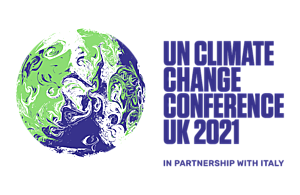Alison Fellows
Alison is currently a NED with University Hospitals Tees and a Governor of Northumbria University, having also previously served as

Alison is currently a NED with University Hospitals Tees and a Governor of Northumbria University, having also previously served as
Did you know that “left behind towns” is a thing? We suggest you go and see some and get real